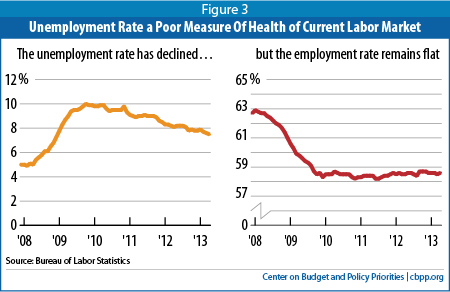New York’s legion of window washers have long fascinated city dwellers below with their fearlessness. But the future of the profession might belong to those even more impervious to dangerous heights: robots.
Clearing a path to the market soon will be the Winbot 7, a compact machine billed by manufacturer Ecovacs Robotics as the first full-service window-washing robot. The device, which resembles a Roomba vacuum cleaner, attaches itself to the pane, maps out its perimeter and proceeds to clean the surface, playing a tinny tune when the work is completed.
Nick Savadian, executive general manager of the company’s U.S. arm, said the robot is aimed at busy homeowners looking for a labor-saving escape from boring chores. “One thing we’re short of in life is time,” he said.
While the Winbot 7 tries to win over homeowners, other companies are already aiming to automate window-washing work for the world’s futuristic mega-towers. Swiss manufacturer Serbot AG is close to completing a robot dubbed the Gecko, and company salesman Hansjorg Schindler said there are interested customers in Russia, the Middle East and Asia. In Dubai, meanwhile, the 160-story Burj Khalifa was designed to accommodate 18 machines built on horizontal tracks currently assisting human cleaners — equipped with traditional squeegees — in navigating the building’s half-mile façade.Länk
...
At J. Racenstein, which has offices in Secaucus, N.J., the most high-tech option available is the HighRise Window Cleaning System, which costs up to $50,000 and promises to reduce labor costs by 50%. The machines are operated by technicians and built to fit into existing rigging used by human cleaners. Steve Sullivan, president of Indianapolis-based American National Skyline, has purchased two of the machines in the hopes of impressing clients and cutting costs. His company’s building managers are keen on limiting liability associated with workers “hanging out of the side of the building,” he said. Mr. Sullivan said the HighRise can move up and down a 15-story building in about 20 minutes — a feat that would take a person “a considerable amount of time longer.”
